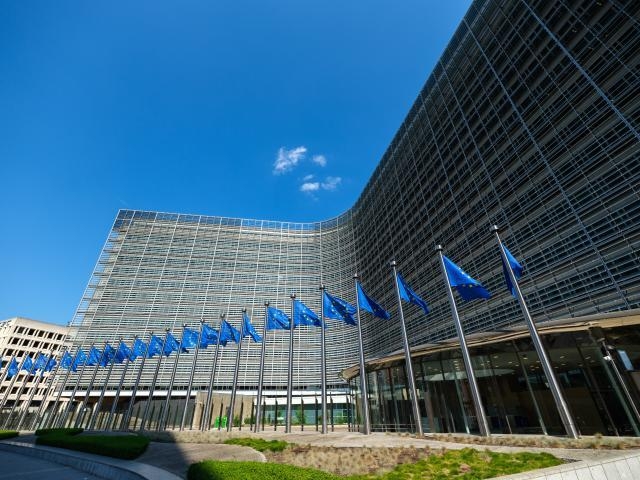Bulgaria and North Macedonia reconfirm commitment to continue construction of Railway Corridor VIII

In a major step towards strengthening regional ties and boosting economic growth in Western Balkans, Bulgaria and North Macedonia have reaffirmed their commitment to the ambitious Railway Corridor VIII project. This vital transport link, which forms part of the EU’s TEN-T network, is set to revolutionise mobility and market access across the Western Balkans.
At a high-level meeting held this week, key representatives, including Bulgaria’s Deputy Minister of Transport and Communications, Biser Mincher, and North Macedonia’s State Secretary for Transport, Stefan Volkanovski, alongside the EU Commission, EIB, EBRD, and the Transport Community Secretariat, agreed on crucial next steps. These include establishing a joint working group and holding regular high-level dialogues to ensure swift progress on the construction of the cross-border section of Corridor VIII. The meeting was hailed as a significant milestone, reaffirming the strong commitment of both countries to advancing this strategic project.
Corridor VIII is more than just a railway—it’s a lifeline for regional cooperation and economic development. By enabling faster travel for goods and passengers, the corridor will enhance trade, increase competitiveness, and bring the region closer to the EU’s single market. With EU financial backing under the Economic and Investment Plan for the Western Balkans, Bulgaria, North Macedonia, and Albania are set to benefit from upgraded infrastructure and new railway connections, paving the way for greater prosperity.
This critical corridor, part of the EU’s Global Gateway initiative, has the potential to transform the Western Balkans into a key transit hub, connecting the Eastern Mediterranean with Europe. With the ongoing support of the European Corridor Coordinator and the Transport Community Permanent Secretariat, Railway Corridor VIII is on track to deliver game-changing benefits for the entire region.
The reaffirmed commitment of Bulgaria and North Macedonia sends a clear message: regional cooperation is stronger than ever, and the future of the Western Balkans is firmly on track towards integration with the wider European transport network.



